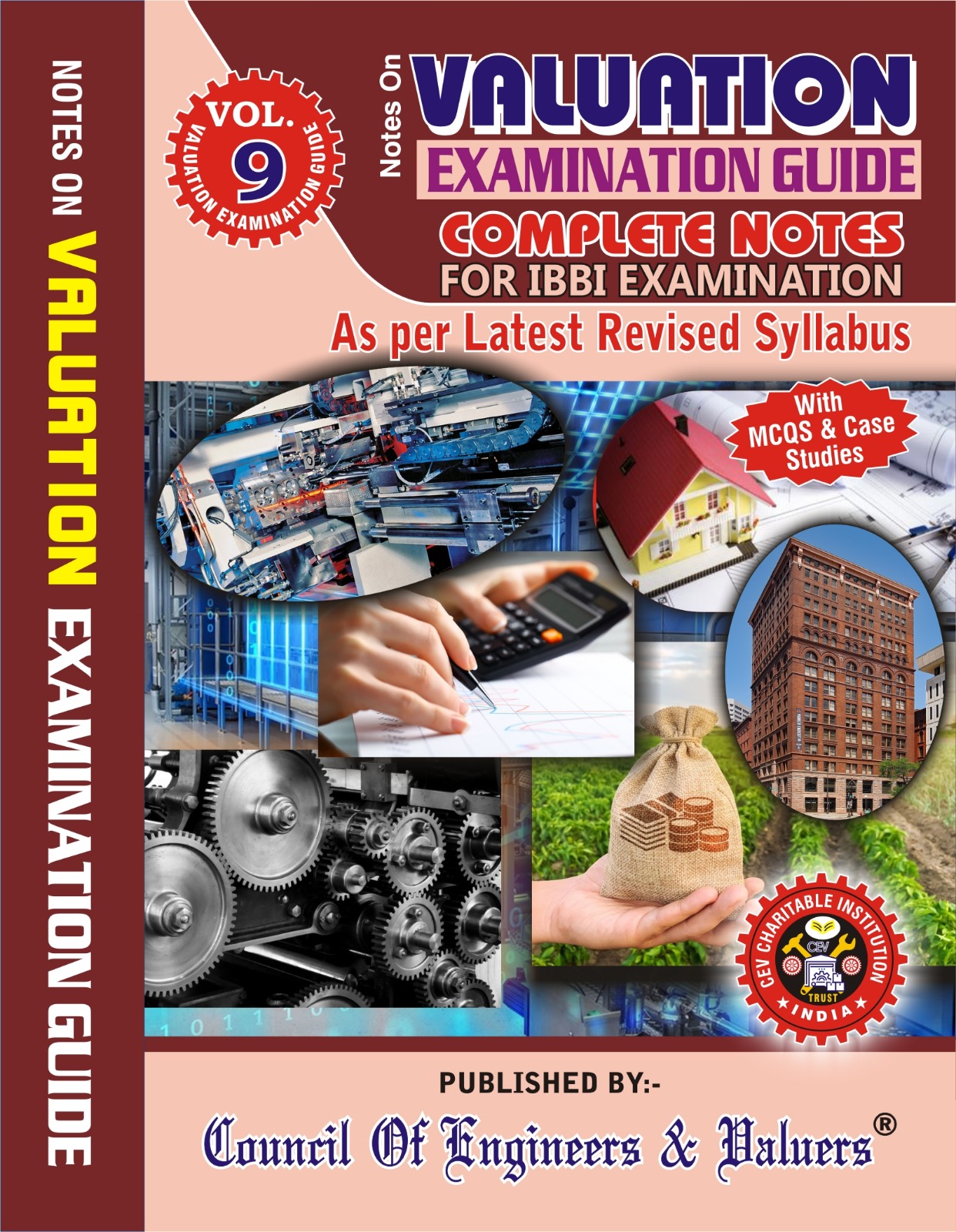Saturday Brain Storming Thought (272) 26/04/2025
LEAN MANAGEMENT
Lean Management is a systematic approach to optimizing business processes by identifying and eliminating waste, increasing efficiency and improving overall performance
Lean Management focuses on creating value for the customer by streamlining workflows, reducing costs and enhancing quality
The core principle is continuous improvement, encouraging all employees to contribute to finding better ways of working
Key Principles of Lean Management
1) Value
Focusing on what the customer is willing to pay for and eliminating non-value-added activities
2) Value Stream Mapping
Identifying and mapping the entire process from raw materials to the final product, highlighting where waste occurs
3) Flow
Creating a smooth, continuous flow of work to minimize bottlenecks and delays
4) Pull System
Production based on actual customer demand, avoiding over production and inventory buildup
5) Perfection
Continuously seeking to improve processes and eliminate waste, aiming for a state of perfection
Working of Lean Management
1) Waste Reduction
Identifying and eliminating activities that consume resources without adding value to the customers
2) Process Optimization
Analyzing and streamlining processes to improve efficiency and reduce lead times
3) Continuous Improvement
Encouraging a culture of constant learning and improvement through methods like Kaizen and PDCA
4) Employee Involvement
Empowering employees to identify and suggest improvements, taking responsibility for their work
Benefits of Lean Management
1) Increased Efficiency and Productivity
Streamlined processes and reduced waste lead to greater output with fewer resources
2) Reduced Costs
Eliminating waste and optimizing processes can significantly lower operational costs
3) Improved Quality
Focus on eliminating defects and improving processes leads to higher quality products and services
4) Enhanced Customer Satisfaction
Lean principles focus on delivering value to the customers, leading to increased satisfaction
Examples of Lean Management
1) Lean Manufacturing
2) Lean Software Development
3) Lean Six Sigma
4) Lean Startup
5) Value-based Healthcare
Common Challenges for implementing Lean Management
1) Resistance to change
2) Difficulties in implementation
3) Risk of over-focusing on data
Lean Construction
Lean construction represents a new approach to delivering construction projects
It is a project management based approach that priotitizes companionship and collaboration throughout the project relization process
Advantages of Lean Construction
1) Much stricter control
2) Improved team collaboration
3) Higher customer satisfaction
4) Better resource utilisation
Principles of Lean Construction
1) Respect for people
2) Optimize the whole
3) Focus on flow
4) Continuous Improvement
5) Generate Value
6) Eliminate waste
Types of waste in Lean Construction
1) Defect
2) Overproduction
3) Waiting
4) Not utilizing talent
5) Transport
6) Inventory
7) Motion
8) Excess processing
COMPILED BY:-

Er. Avinash Kulkarni
9822011051
Chartered Engineer, Govt Regd Valuer, IBBI Regd Valuer



